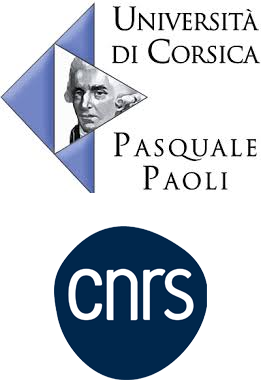Numerical wildfire and AI Weather

Workshop : 03/11/2025 - 07/11/2025
Institut d’Études scientifiques de Cargèse , Corsica, France

Numerical Wildfire and AI Weather 2025
Numerical Wildfire and AI Weather is a small, high-level scientific workshop bringing together leading experts in weather AI, numerical wildfire forecasting, and fire-atmosphere interactions. The workshop is designed as an intensive, on-site event. Unlike large conferences, this small-group format allows for extended scientific exchanges, joint project work, and a strong interdisciplinary approach. The goal is to bridge the gap between cutting-edge research and operational needs by focusing on real-world applications of AI, numerical modeling, and risk assessment.
Workshop Program
Access to program and recorded videos :
👉 https://forefireapi.github.io/cargese2025/program/
Workshop details
The first two days will focus on wildfire science, exploring fire-atmosphere interactions, numerical fire spread models, and operational forecasting challenges. Experts will discuss the latest advancements in fire behavior prediction, risk assessment, and real-time monitoring.
The next two days will shift towards AI-driven forecasting of extreme weather events, with sessions on machine learning methods and applications for high-impact meteorological phenomena. Topics include AI-enhanced numerical weather prediction, uncertainty quantification, and applications for emergency response.
The final day (morning) will synthesize findings and make contact with practitioners in France and Corsica.
🔥 Key Topics:
- Fire propagation modeling and fire-atmosphere coupling
- AI applications for wildfire and extreme weather events prediction
- AI methods for weather forecasting and downscaling
- Data-driven applications for renewable energy production
- AI approaches for wildfire data assimilation
- Uncertainty quantification and ensemble forecasting for wildfires
- Real-time monitoring and prediction systems
- Risk analysis and hazard mapping
- Operational decision support systems for emergency response
- Wildfire resilience strategies for urban and peri-urban environments
